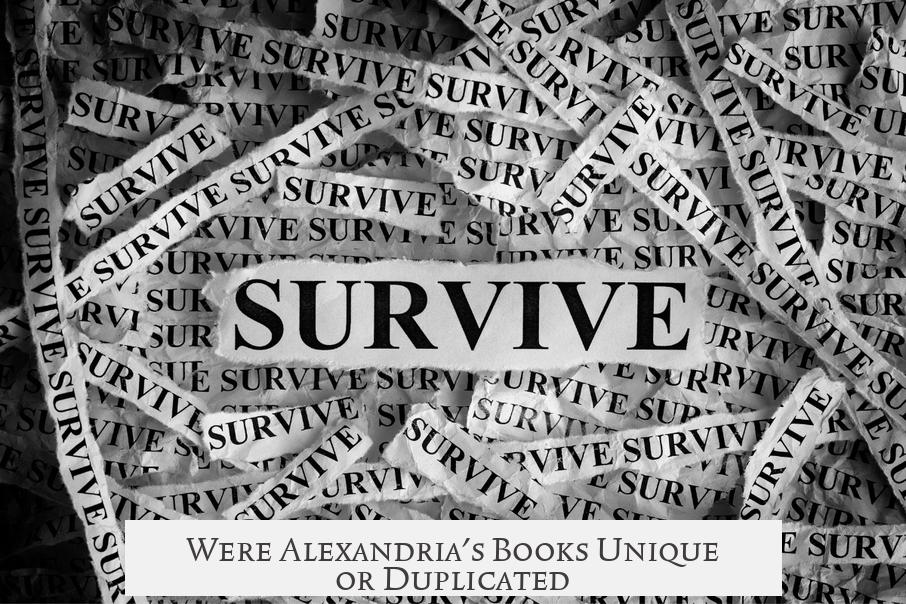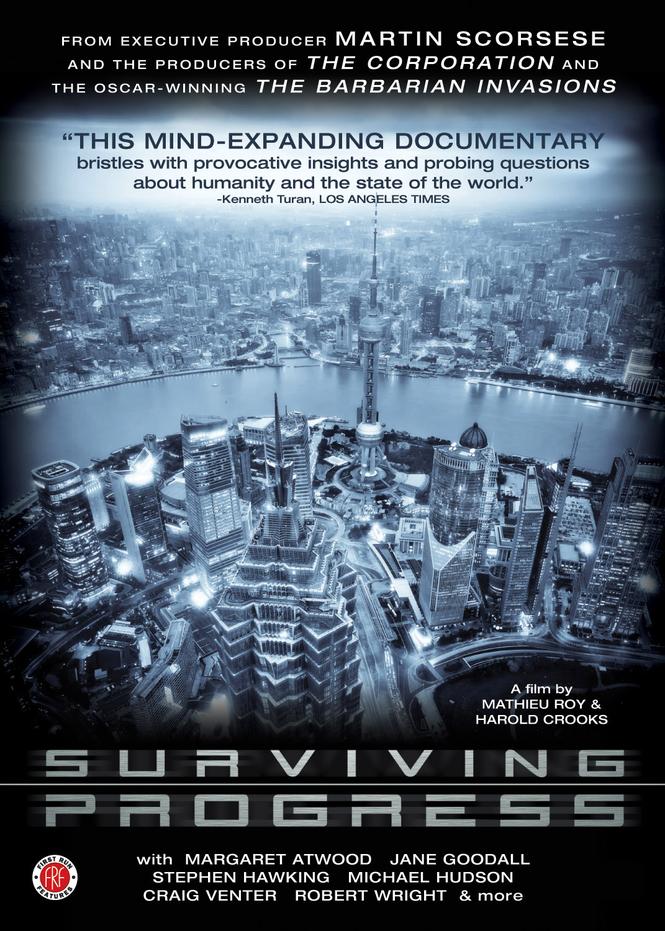Some knowledge and texts survived the burning of Alexandria, but much was lost. The idea of a single catastrophic event wiping out all ancient knowledge is misleading.
The Great Library of Alexandria housed countless scrolls and documents from various cultures. However, many texts were duplicated in other Mediterranean centers. Unique works likely perished, but not everything vanished at once.
Written works survived thanks to the efforts of anonymous scribes and monks. These individuals copied manuscripts repeatedly over centuries. Without their labor, few ancient texts would exist today.
Physical preservation of ancient documents is extremely difficult. Even if the library had never burned, the original scrolls probably would not survive to the present. Only fragmented documents buried in deserts or volcanic ash remain intact from antiquity.
- Many texts were duplicated in other libraries beyond Alexandria.
- Unique scrolls lost in fires did not represent all ancient knowledge.
- Copying by scribes over centuries allowed knowledge to pass down.
- Physical ancient manuscripts rarely survive for millennia.
- Modern printing and digital media help safeguard ancient works today.
In essence, the burning of Alexandria damaged some ancient heritage but did not erase humanity’s cultural memory. Centuries of copying preserved fragments that scholars still study. Today, multiple copies of classical works exist worldwide, ensuring further survival.
This shows how resilience and redundancy in sharing knowledge aided its survival beyond catastrophic losses. The myth of total loss exaggerates the event’s impact. The surviving texts owe much to sustained human effort over time.
Did anything survive the burning of Alexandria?

When thinking about the infamous burning of Alexandria’s library, the first image that pops into most minds is one of devastating knowledge loss. But here’s the twist: the grand destruction story, as dramatic as it sounds, is mostly a modern myth. Not everything perished in a single fiery event, and much of the critical knowledge somehow managed to survive.
Let’s unravel the myth and discover what truly happened to Alexandria’s treasures and the written heritage of antiquity.
Was the Burning Really the End of Knowledge?

Popular culture loves a good tragedy, and the burning of Alexandria fits perfectly. It’s often painted as the ultimate book burning, a catastrophic loss that erased centuries of knowledge in one fell swoop. But historians tell a different, less sensational tale.
This modern-day fable of a single event wiping out unimaginable knowledge oversimplifies the reality. The truth is, the library’s destruction happened over several incidents, across decades or even centuries, diluting any single catastrophic impact. Besides, the idea that only Alexandria held all this knowledge might be a stretch.
Were Alexandria’s Books Unique or Duplicated?

Here’s an interesting question: How many of those scrolls and manuscripts in Alexandria existed nowhere else? Scholars debate this endlessly. While it’s true some works were unique, many texts had duplicates in other Mediterranean libraries.
Back then, knowledge wasn’t locked away in a single fortress. Copies and translations floated around the region, in Greek, Latin, and other languages, spreading ideas and discoveries beyond Alexandria’s walls.
So, when those unique texts vanished, a real loss occurred. But the vast majority? They survived elsewhere, copied, stored, or referenced in other learning centers.
How Did Ancient Works Actually Survive?

Here’s a fact that might surprise you: The reason any ancient writing survives today is thanks to the hard work of countless anonymous scribes and monks during the Middle Ages.
These tireless copyists didn’t just copy fancy manuscripts for fun—they ensured that texts could cross centuries and continents intact. Every few centuries, manuscripts crumbled, so they were recopied by hand to keep the wisdom alive.
Imagine their patience and dedication. They had no digital backups or photocopiers! This painstaking manual effort is the real backbone behind survival of ancient literature, philosophy, and science—not mere luck during a fire in Alexandria.
Would the Library’s Originals Have Survived Anyway?

Let’s play a little “what-if” game. What if the legendary library had never burned? Would the original scrolls and texts still exist today?
Probable answer: No. Physical preservation of ancient manuscripts is an incredibly tough challenge. Materials like papyrus and parchment degrade fast. Almost no intact paper documents from antiquity exist today outside of exceptional cases—say, fragments buried under volcanic ash or fossilized in deserts.
Even the best-preserved texts likely wouldn’t make it two millennia without serious decay or loss. Digital enthusiasts might say, “Eh, same problem today,” but ancient storage conditions were far less forgiving.
What About Our Modern Preservation of Ancient Works?

Here’s where we leap from dusty scrolls to digital archives. Today’s printing and digital replication methods offer a stunning advantage. With millions of copies and backups in libraries, servers, and even cloud storage, ancient texts have a fighting chance.
Oddly enough, a forgotten paperback of The Iliad on someone’s shelf might hold more preservation power than Alexandria ever did. That single book might one day be the last physical copy left—but our hope is that many digital versions will endure as well.
Still, this poses a new question: In our digital age, are we doing enough to secure the future of these works? The past teaches us the importance of preservation—be it papyrus or pixels.
Lessons from Alexandria: What Survived and What We Must Protect
So, did anything survive the burning of Alexandria? Absolutely. While some unique works were lost, the bulk of ancient knowledge didn’t disappear overnight. It lived on through copies, through scribes, and through the tireless work of many generations.
The greatest takeaway? Preservation requires ongoing effort, redundancy, and care. Alexandria’s story shows us the fragility of knowledge and the importance of protecting it.
Next time you browse a copy of an ancient text, remember the countless hands that worked to keep that knowledge alive—possibly over thousands of years and turbulent events.
And when you hear about “lost knowledge,” don’t immediately imagine a dramatic blaze wiping everything out. Instead, think of a slow, complex process of loss and survival, where human effort made all the difference.
After all, history isn’t just about what was destroyed—it’s about what was saved against the odds.



